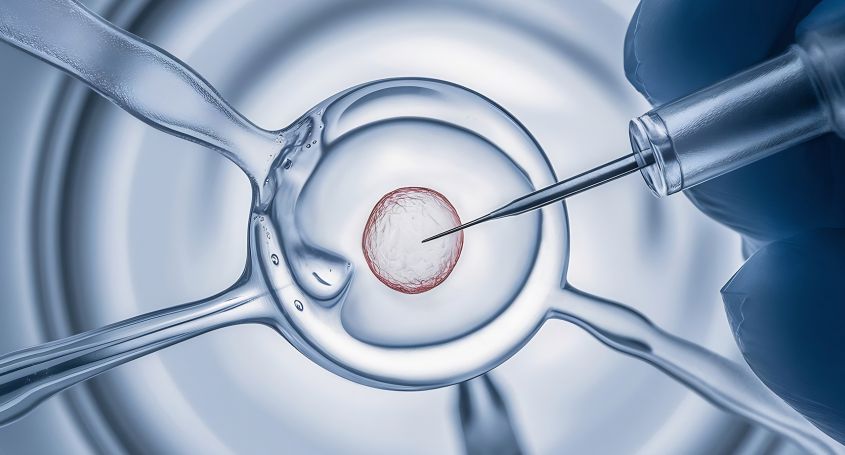Advantages of vitrification
Egg vitrification is a very recent technique, first published in 2005. Previously, eggs were frozen in a slow freezing process, but the results were far from promising with a low survival rate at the time of thawing. Vitrification, however, allows high survival of thawed eggs and pregnancy rates similar to those of fresh eggs. Vitrification has been one of the great advances in assisted reproduction techniques in recent decades.
Vitrification process
When water freezes in living cells, it forms crystals inside the cells which, when thawed, can damage the cell and compromise its survival. Vitrification is the solidification of an aqueous solution without forming crystals. In the case of oocytes, they are frozen so quickly that crystal formation is prevented. The use of so-called cryoprotectants together with instant immersion in liquid nitrogen allows the egg to pass the vitrification/thawing process without affecting its survival.
Fertility preservation
The good results of vitrification have made it possible to offer female fertility preservation treatments with greater safety. Women who are exposed to medical treatments that are harmful to their future fertility can vitrify their oocytes and have them at their disposal in the future. At the same time, the tendency to postpone motherhood means that many women decide to become mothers when their ovarian reserve is already reduced due to age. Once vitrified, the oocytes retain their characteristics intact. Therefore, to protect fertility at an optimal reproductive age, it is advisable to vitrify eggs before the age of 35, when female fertility has not yet declined significantly with age.
Oocytes can remain vitrified indefinitely, as it has been shown that they do not lose their high survival rate and quality over the years.
"Oocyte banking"
The high efficiency of the process has made it possible to create donor oocyte banks. Oocyte banking makes it possible to preserve donor oocytes with very specific phenotypes and thus to offer them to very specific recipient patients. At the same time, it also provides greater flexibility to egg recipient patients by not having to coordinate donor and recipient cycles, thus avoiding the risk of cycle cancellation.
Egg vitrification has been a small revolution in assisted reproduction and its many advantages will allow many women to realize their dream of becoming mothers.















